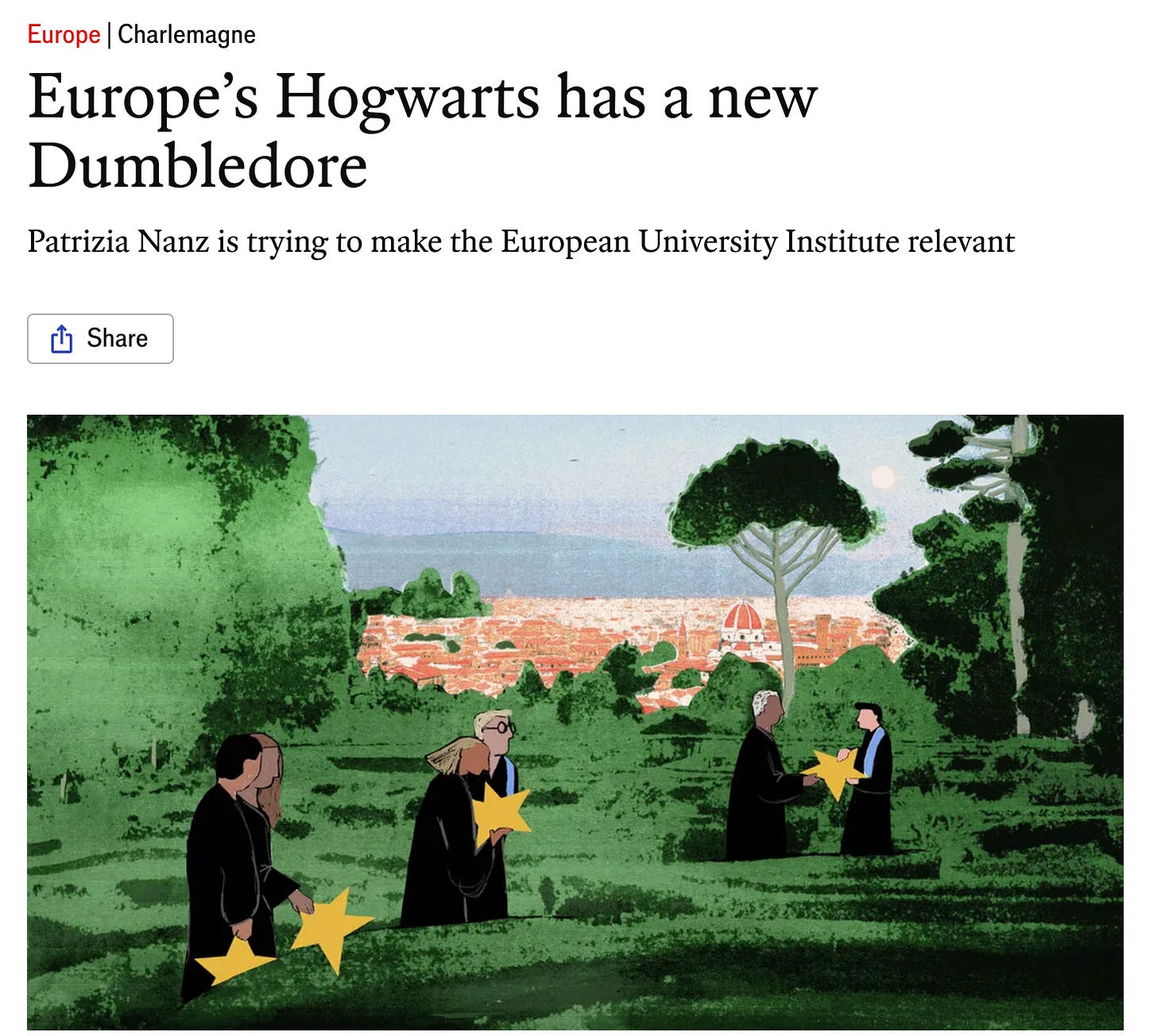Over at Talking Points Memo, Josh Marshall has been making the case that the states are critical sites of resistance to Trump’s lawless power grabs on the road to authoritarianism. He was challenged today by a reader who asked him what, specifically, the Blue states can do. Marshall tossed out some ideas: Secure the vote, sure. But we should already expect this, and it’s still a very defensive move, not chipping away at Trump’s expanding power. Withholding taxes collected from state employees from the Federal Government. I am not keen on this, as it is probably illegal. And why wouldn’t Trump retaliate by stopping all Federal payments to California? Arresting masked and out-of-uniform ICE agents who refuse to identify themselves. Maybe, but this could get dangerous very fast.
Strategizing like this is not really my thing. But I have an idea. And I think it could be significant. Over at Vox, Dylan Matthews argues that Trump’s 15% tax on Nvidia’s and AMD’s chip exports to China is flagrantly unconstitutional. It’s not just that Trump lacks any authority from Congress to impose this tax. It’s that Article I, Section 9, Clause 5 of the U.S. Constitution says, “No Tax or Duty shall be laid on Articles exported from any State.” Trump is imposing a duty on a major export from the State of California. This looks like an open-and-shut case, easy to understand.
The difficulty is that Nvidia and AMD have caved on this, because Trump has so many other ways to get back at tech companies if he wants. He could, after all, simply prohibit chip exports to China, which would be perfectly legal. So this is extortion. Nvidia and AMD, although they have legal standing to object to Trump’s illegal tax, and would likely win their case if they filed one, would lose financially from Trump’s retaliation if they filed.
So here’s my idea: Governor Newsom and Attorney General Rob Bonta should sue the Trump administration to stop the 15% export tax on Nvidia’s and AMD’s chip exports to China. I know, I know, neither China nor the big tech companies are popular. But hear me out.






